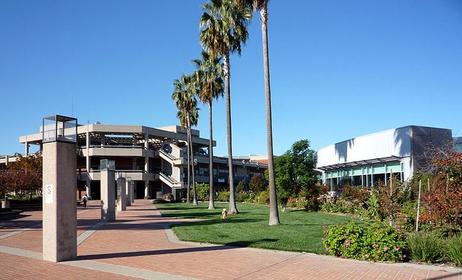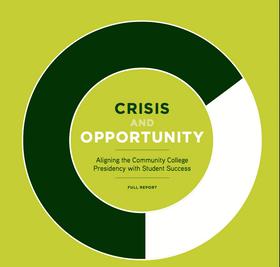There’s a change coming in California.
Recently, a measure passed that allows community colleges in California to offer 4 year degrees. Until now such offerings have been the sole province of other institutions. Now, the game has changed.
On September 28, 2014, California Governor Jerry Brown signed Senate Bill 850 (Block) authorizing up to 15 California community college districts to offer a single Baccalaureate degree on a pilot basis. Ultimately, the goal of the bill is to create one million bachelor’s-degree jobs by 2025.

A Better College System
Former California State Senator Dean Florez says this measure is a powerful move in the right direction. “Allowing California Community colleges to offer four year skill-based degrees has grown from a long simmering recognition—from students, employers and government leaders—that skills matter more today than how and where they were acquired. This new four-year program offers students a more accessible and shorter education pathway with a recognized skill-based credential.”
“Students benefit with a tailored personalized degree program directed in part by employers, blending their career needs with an affordable degree. It is also very cost effective, given the planned BA degrees will be under $10,000 dollars, which is nearly one-half the cost of California State's four year schools and one-eighth the cost of a traditional University of California four-year degree. Most community college students can't afford to give up four or five years of income while accumulating six-figure debt, so this degree program is critically important.”
When asked why she decided to back this program, Constance Carroll, San Diego Community College District Chancellor, replied, “It is critical for community colleges to ensure that their students are well educated, prepared for the workforce, and competitive.”
Sharon Allerson, vice chair for the English department at East Los Angeles College, reports that this new program is so special because it creates opportunities at existing institutions rather than creating new colleges. “If the pilot programs are successful, 4-year degree programs at community colleges could be expanded to provide alternatives for students who are competing to transfer into highly impacted programs at 4-year schools. This could be a great way to leverage state resources: don’t look to build a new 4-year campus; create new options and opportunities for students at our community colleges.”
Sharon considers the law a great way to conserve limited state resources. “Certain majors may not be offered by a nearby 4-year institution. In areas, such as Los Angeles, where there are a lot of 4-year schools, colleges that want to participate in the pilot program are proposing innovative 4-year degree programs that may match students’ goals and employers’ needs in exciting new ways.”
Students will no longer have to go through the painful or restricted transfer process. The focus is on academic achievement, not fighting for credit transfers or wading through bureaucracy.
A Better Workforce
The need for affordable, skill focused programs in higher education has been around for some time. The new programs are tailored specifically by employers themselves, who may later go on to hire the graduates. Dean Florez believes, in this way, students are much more likely to develop the skills they will actually put to use in the workforce.
“A recent report by the Federal Reserve Bank of New York found that 44 percent of graduates were underemployed, which reflects a mismatch of skills and a lack of work experience. These new community college degrees are tailored by employers in most cases with most students transitioning to a job in need of qualified special skillsets.”
This program will help community colleges throughout the state maintain their niche in preparing students specifically for certain careers. Bachelor’s degrees have become more of a necessity in landing a job after graduation than ever before, and Chancellor Carroll is adamant about opening opportunities for rising California students.
“Like most of the nation, California is seeing the associate degree being superseded by the bachelor’s degree as a job requirement in a number of workforce fields, with no public universities providing these programs. It makes sense for California to provide the same authorization for the community college baccalaureate as 21 other states currently do.”

A Better California
“The Public Policy Institute of California and California Competes report that we need one million more adults with four-year degrees by 2025,” says California Senator Marty Block. “SB 850 is the game changer that can help us meet that challenge. Under SB 850, higher education in California will be changed forever; there is no going back.”
“We’re in a different time now,” admits Mr. Block, “California is in a better position now to invest in closing our skills gap. We are in a fast-paced race that we can’t afford to lose. It’s wishful thinking to believe we can meet the challenge of producing another 60,000 bachelor degrees each year without using community colleges, and the longer we delay in using them, the further behind we will fall.”
Chancellor Carroll reflects on the challenges of passing the program, and the future of what’s to come. “The greatest challenge was getting people to look beyond ideological and emotional issues to accept the fact that this change was necessary given new workforce requirements and the absence of publicly university degrees to meet these challenges. Once legislators, university leaders, and others were able to logically understand the situation and the need for California to support a practical agenda to promote workforce training, they supported the proposal.”
While it is clear that the development of this new law is a much needed step forward for education in California, the full effects have yet to be seen.
























































































